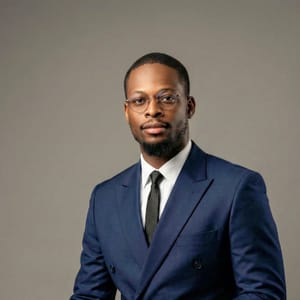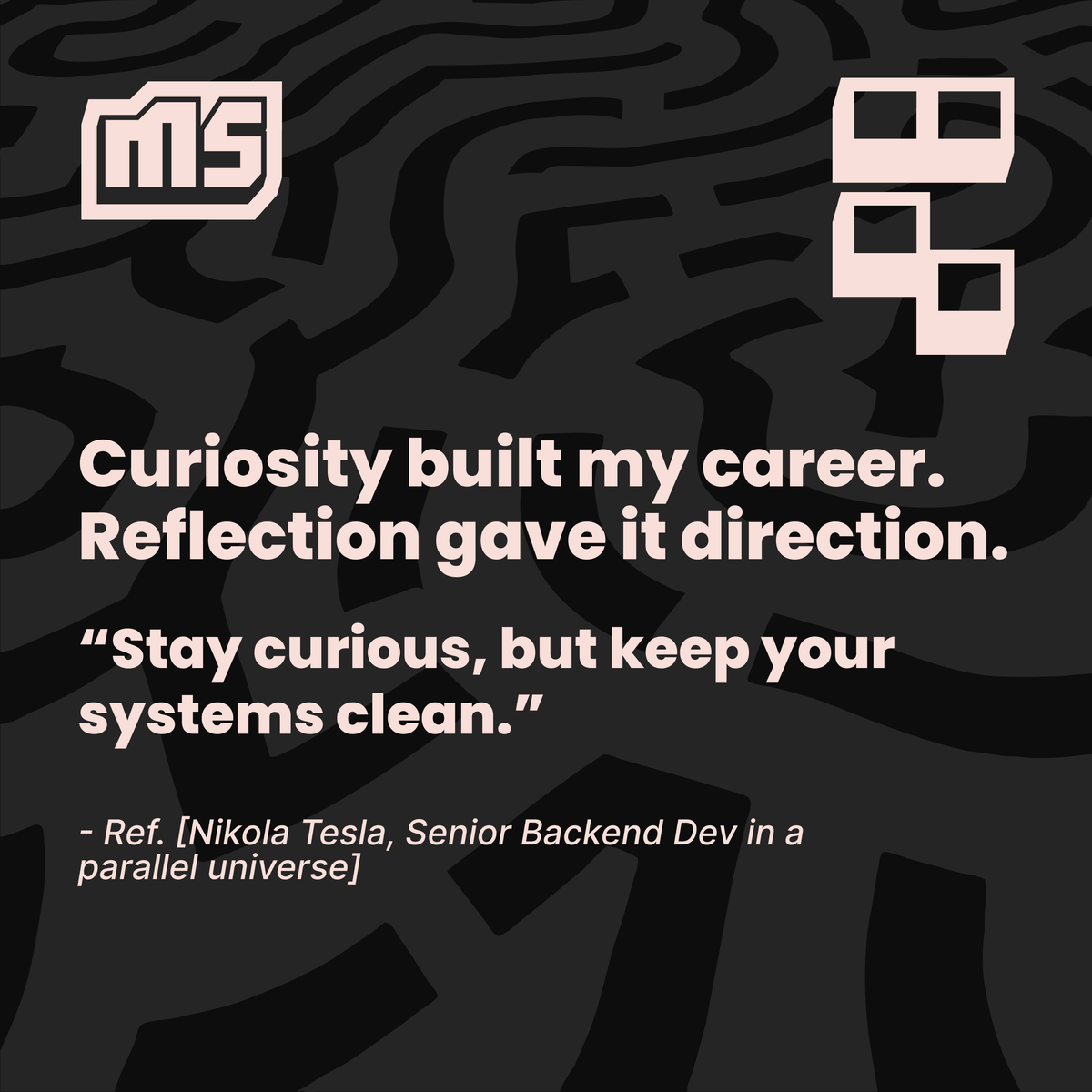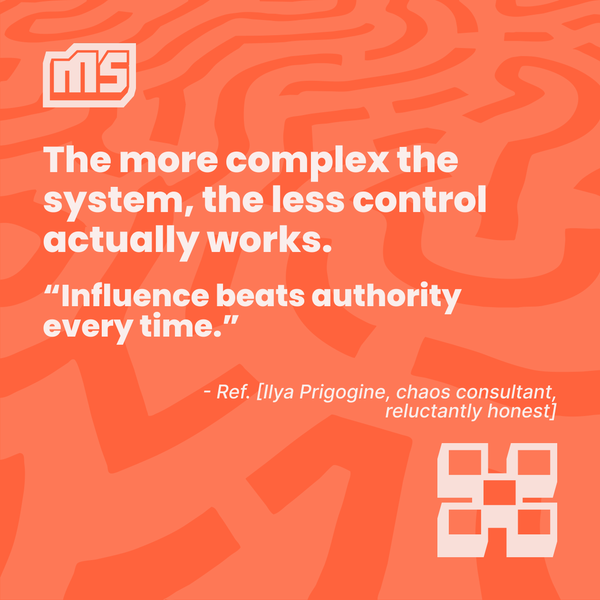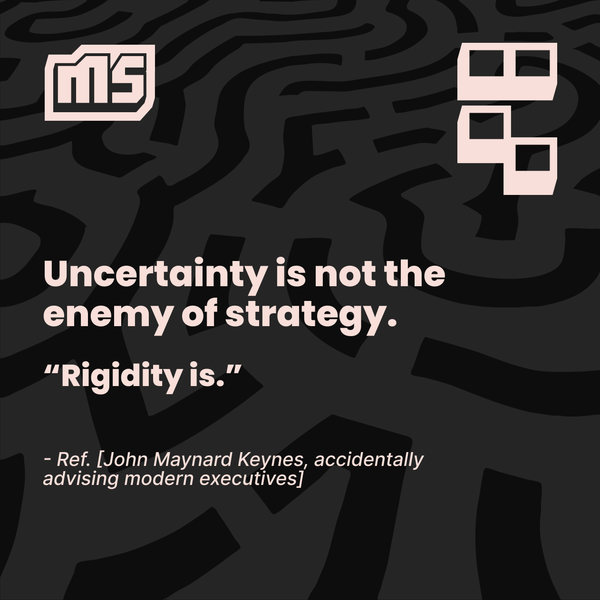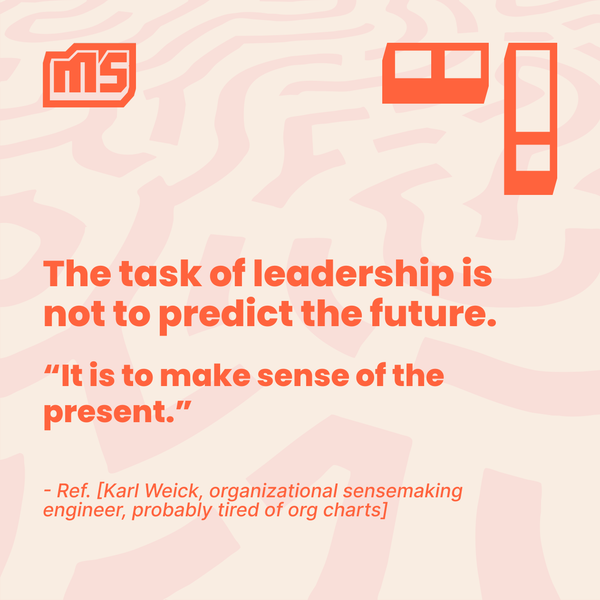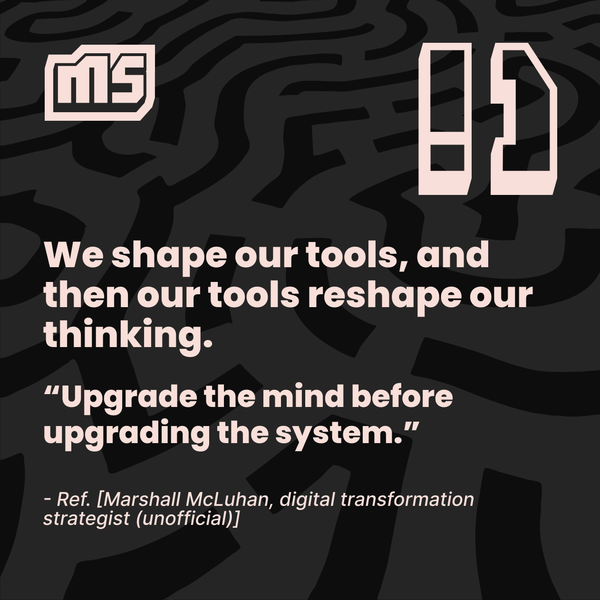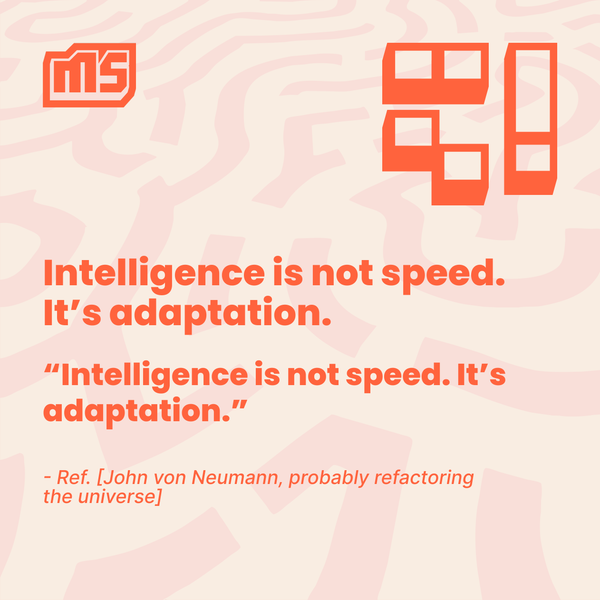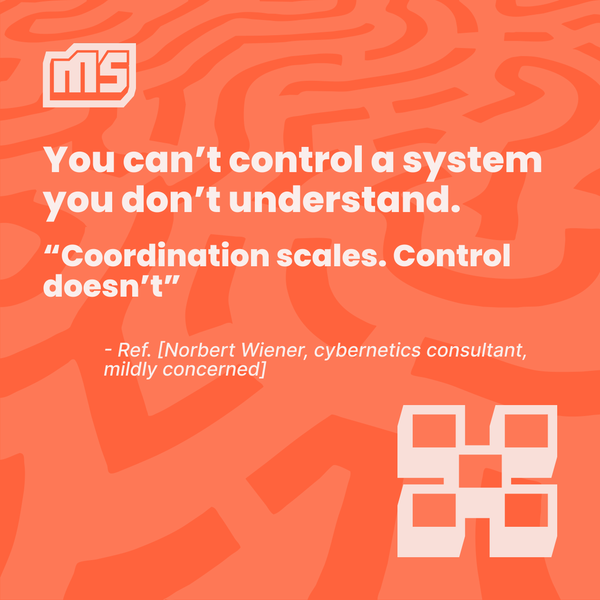Curiosity doesn’t just open doors — it builds new ones.
I. Curiosity: The First Line of Code
If I had to pinpoint where it all began, I’d say it started with curiosity.
Not the kind of curiosity that fades after a trend — the one that consumes you, that keeps you awake at night until you understand how something works, why it exists, and what it could become.
Back in 2017, I discovered blockchain.
At first, it wasn’t the technology itself that fascinated me — it was the idea: a decentralized system that could create trust without intermediaries.
It challenged everything I knew about networks, power, and human collaboration.
That was the moment I realized something profound: technology isn’t just built — it’s imagined.
“Curiosity is the only engine of knowledge.” — Einstein
(And also the best debugger for ignorance.)
II. From Discovery to Discipline
Curiosity led me to exploration, but exploration required discipline.
As I dove deeper into cybersecurity, cloud systems, and digital transformation, I learned that knowledge without structure is noise.
So I built a framework: study, question, test, reflect, repeat.
That rhythm became my way of life.
Each new concept — from cyber warfare to overlay networks — wasn’t just another skill; it was another window into how systems shape our world.
And every question led to a new domain, a new hypothesis, a new piece of the puzzle.
Curiosity gave me the spark.
Discipline gave me direction.
III. When Curiosity Meets Purpose
Over time, I understood that curiosity alone isn’t enough.
You can explore endlessly and still feel lost if you don’t anchor your curiosity to a purpose.
For me, that purpose became understanding transformation — not just digital, but human.
How people, systems, and technology evolve together.
That’s why I became both a researcher and a consultant.
Because transformation happens at the intersection of theory and practice — when ideas meet reality.
And teaching became a natural extension of that purpose.
Every year, when I guide my students through their blockchain research, I see the same spark I once had — that moment when curiosity shifts from “What is this?” to “What can this change?”
“Education is not the learning of facts, but the training of the mind to think.” — Einstein (again, the man knew things.)
IV. The Beauty of Uncertainty
Working in emerging technologies means living in a permanent state of uncertainty.
There are no final answers, no universal truths — just hypotheses and possibilities.
And that’s exactly what makes it exciting.
Every new project feels like stepping into the unknown.
But over time, I’ve learned to find beauty in that uncertainty. It’s where innovation lives — between what we know and what we dare to imagine.
Curiosity isn’t about finding stability.
It’s about learning to navigate change with intelligence and intention.
V. From Curiosity to Impact
Today, when I look back, I see that curiosity didn’t just shape my career — it shaped my way of thinking.
It taught me to question assumptions, to connect ideas across disciplines, and to see technology as a human story.
But curiosity without impact is just motion.
That’s why I’ve always pushed for one thing: turn thought into transformation.
Whether it’s guiding a company through digital change, mentoring researchers, or writing papers that challenge conventions — the goal is the same: to make ideas matter.
“We are all explorers. Some explore the world; others, the mind.”
VI. Lessons from the Journey
- Stay endlessly curious. It’s your most renewable resource.
- Learn beyond your field. Great ideas come from collisions, not comfort zones.
- Reflect before you act. Depth creates direction.
- Share what you learn. Knowledge grows by being transferred, not stored.
Curiosity built my career — but sharing it built my purpose.
VII. Conclusion — The Future Belongs to the Curious
The world of technology moves fast, but curiosity moves deeper.
It’s what drives us to explore what’s possible, to challenge what’s known, and to imagine what’s next.
At MindStack, curiosity isn’t just a trait — it’s a philosophy.
It’s the invisible thread connecting thought to action, and knowledge to meaning.
So if you ever wonder where to start — start by wondering.
Because the future doesn’t belong to those who know the most.
It belongs to those who never stop asking why.
“Curiosity didn’t kill the cat — it built the cloud.”
— Ref. [Schrödinger, probably]


